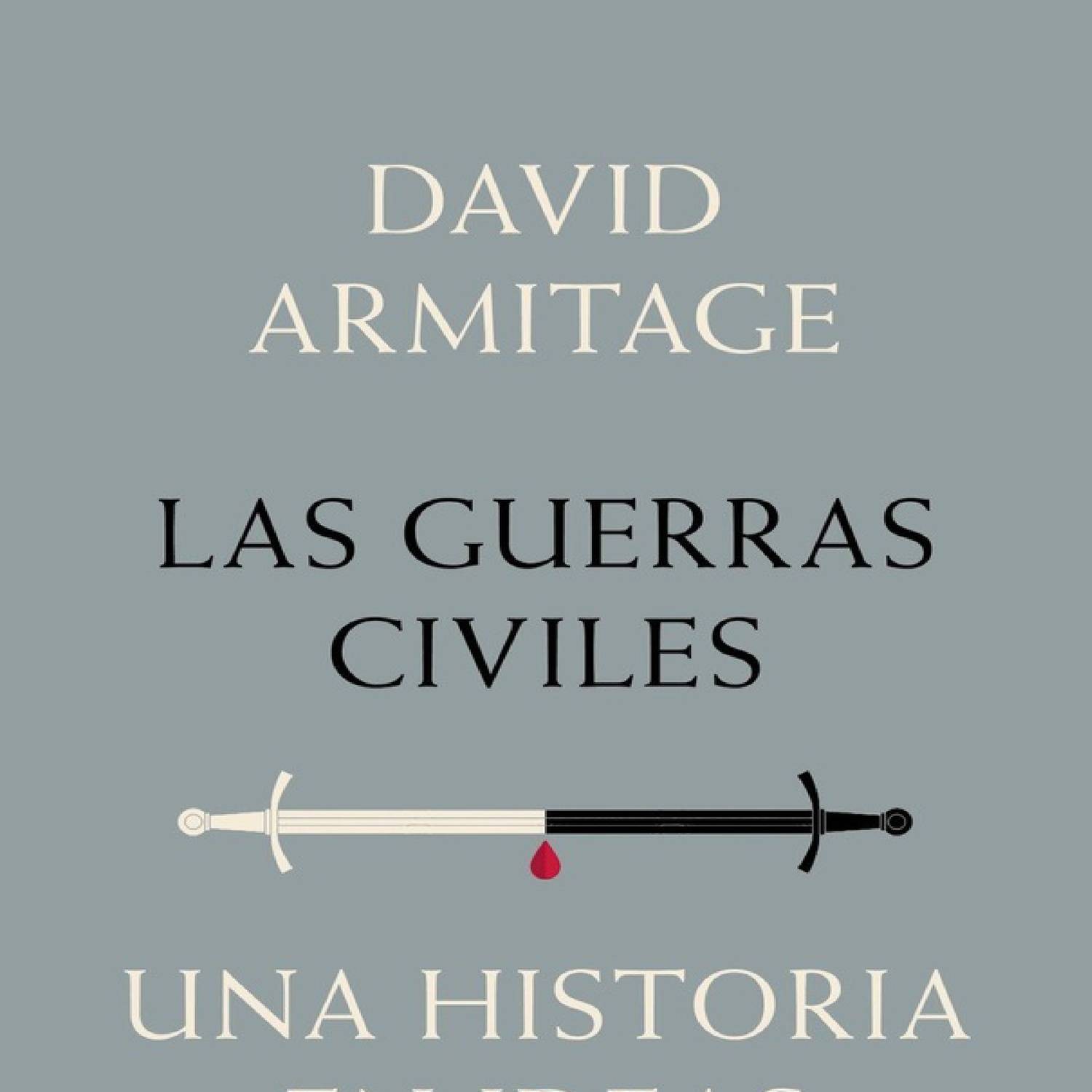
Why start with Rome? Greeks understood internal conflict very differently. He also draws mainly on the Western tradition starting with the Roman Republic while recognizing contributions from other traditions as they intersect with his main narrative.

The result emphases ideas and their impact. Rather than the commonplace academic perspective looking to lived experience from the bottom of society upwards or retrospectively applying theories of present day social science, Armitage focuses mainly on statesmen, intellectuals, and literary figures. The concept then took forms that provided markers for later generations which put their own spin on the meaning of civil war. His subtitle’s phrasing deliberately emphasizes context as the book shows how the idea of civil war developed from particular contexts. Since the end of the Cold War, failed states mired in ongoing strife have made those questions all the more pressing for American foreign policy.ĭavid Armitage offers insight for addressing those challenges in Civil Wars: A History in Ideas, which explores how successive generations since Rome understood conflicts within societies and drew lessons from them. Wars fought within a political community raise different issues that go to the heart of deeper questions about how political order works and why it sometimes fails.


Those positions make sense for understanding conflict between rival states or their rulers. Louis XIV a more than a century earlier considered it the final argument of kings with the Latin phrase ultima ratio regnum engraved upon French cannon to emphasize the point. The Prussian military theorist Carl von Clausewitz famously described war as the pursuit of politics by other means.


 0 kommentar(er)
0 kommentar(er)
